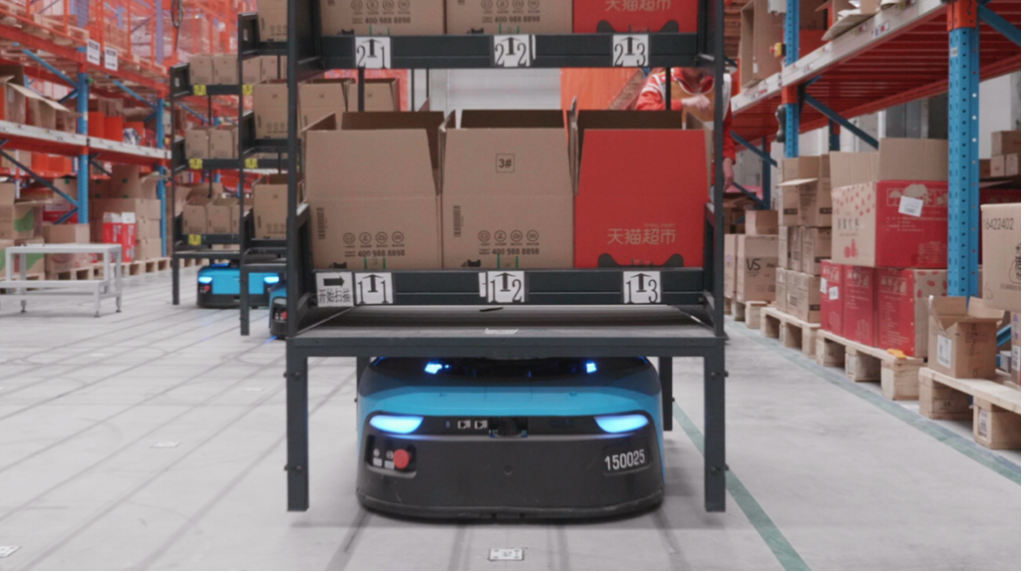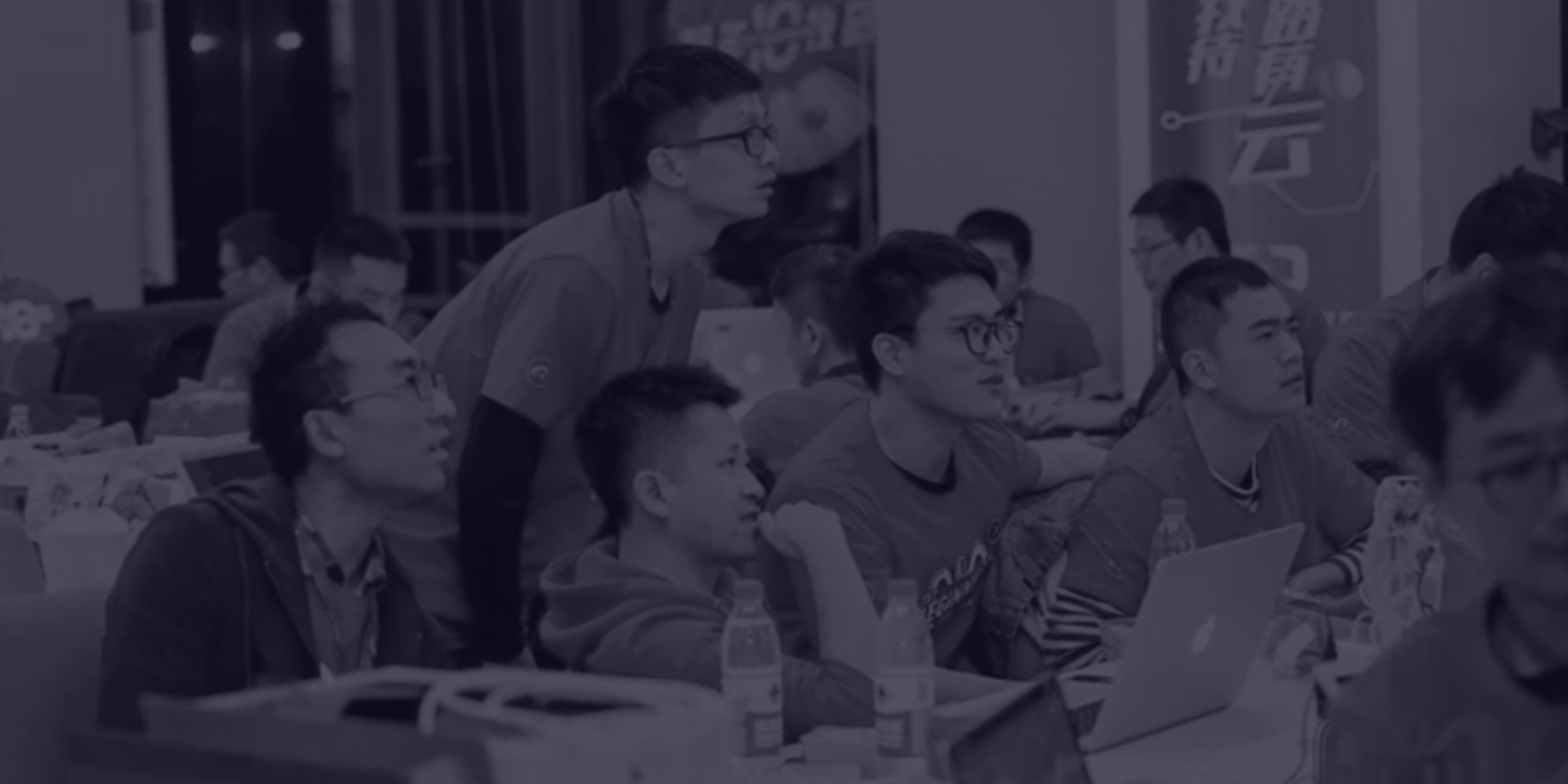Alibaba’s Single’s Day reached an unprecedented scale this year. With a total sales (GMV) of $38.4 Billion, Alibaba set a new record. The e-commerce giant owes its success in part thanks to its ‘retailtainment’ strategy, but not only. Behind the online behemoth lies a unique tech ecosystem that allows the smooth execution not only of the Single’s Day event but also to the steady success of the company all year long.
How big really is Single’s Day? Well, suffice it to say the Alibaba Cloud powering the whole operation managed to a staggering handle 544,000 orders per seconds at peak time. So yes, it’s pretty big. With that in mind, let’s dig into the tech …
Alibaba Cloud
Ahead of Single’s Day, the company held full-scale stress-testing sessions of its Alibaba Cloud. According to XinHua, Alibaba deployed a self-developed liquid-cooling technology on the processors of its data center. Not only did this mean the total energy consumption could be reduced by more than 70%, but it translated into the power consumption for every 10,000 online transactions being limited to just 2 kWh.

Source: Alibaba Cloud
Delivery infrastructure
Delivery is another pillar of Alibaba’s success. For both the Tmall and Taobao e-commerce platforms it is important for the delivery to be smooth. Customers rely on the delivery service to get their products quickly. That is why Cainiao (Alibaba’s delivery company) has a new smart warehouse. Located in Jiangsu province this is the company’s first IoT Future park and is the largest robotic smart warehouse in China. Its 700 automated guided vehicles are automatically directed using IoT technology to drive, load and unload.

Source: Alizila
YTO Express, a delivery company, nearly doubled its automated equipment. YTO Express installed five automated machines in its Guangdong logistics centre, able to scan 1,800 waybills per hour. “We are increasingly reliant on robots,” said Xiang Feng, vice president of YTO Express. “In the age of intelligence plus, whoever has the highest degree of technological innovation will dominate the courier industry.”
3D Bin packing has also been implemented, which saves 5% of overall packaging costs. While a packaging savings of 5% may not sound important, it adds up fast over the over 812 million orders made on Single’s Day.
Another company, China Postal Express & Logistics increased their number of automatic sorting equipment in more than 20 hubs. Innovative robotic sorting and automated sorting systems incorporating data analysis, cloud computing, intelligent terminals and image processing technologies have been implemented.
Artificial Intelligence, voice assistance, facial recognition
Artificial Intelligence is another key point of Alibaba’s ecosystem. AI personalization is the key to Alibaba’s ability to provide personalized buying recommendations to users.
Voice assistants are also gaining ground in the ecosystem. This year, over a million orders were placed and paid by voice commands through Tmall Genie, the smart speaker created by Alibaba A.I. Labs. It is clear that not only are customers interested in this technology, they are already embracing and using it as part of their everyday ecommerce.

Source: Medium
Facial recognition, QR codes, AI voice assistants and robots have been deployed to offer smarter delivery services for customers. Automation, robots, IoT and AI are at the core of smart delivery.
There are a multitude of factors all combining to make Single’s Day the successful event that it is, but there is no doubting that technology is at the core of Alibaba’s transformation of this innocent celebration into the ecommerce extravaganza that it now is. Furthermore, its growth shows no signs of abating with the speed at which Chinese stakeholders are ready to deploy new technologies and solutions driving the event to grow in scale, year after year.
If you are a tech b2b organisation interested in building your brand in the Chinese market or if you are a Chinese company looking to entering the European market, please contact us at hello@temono.com




